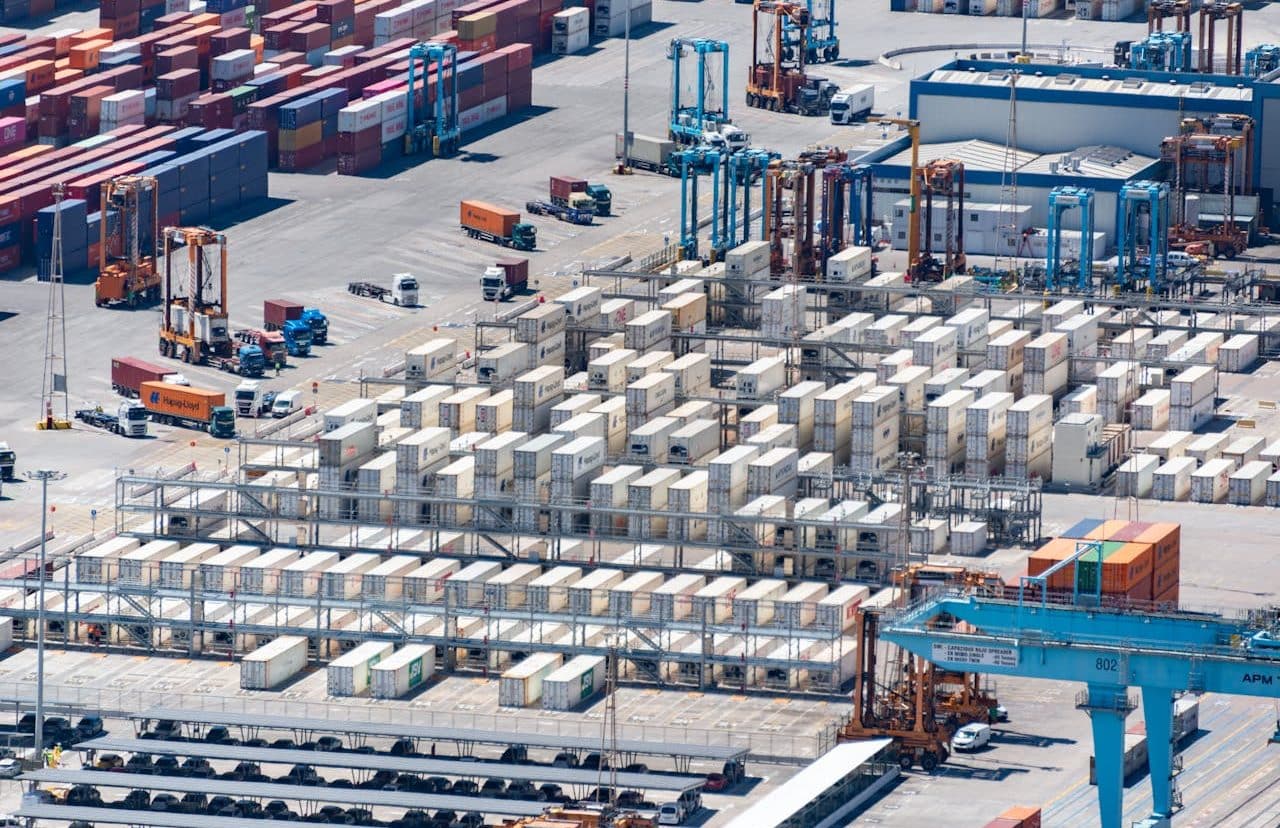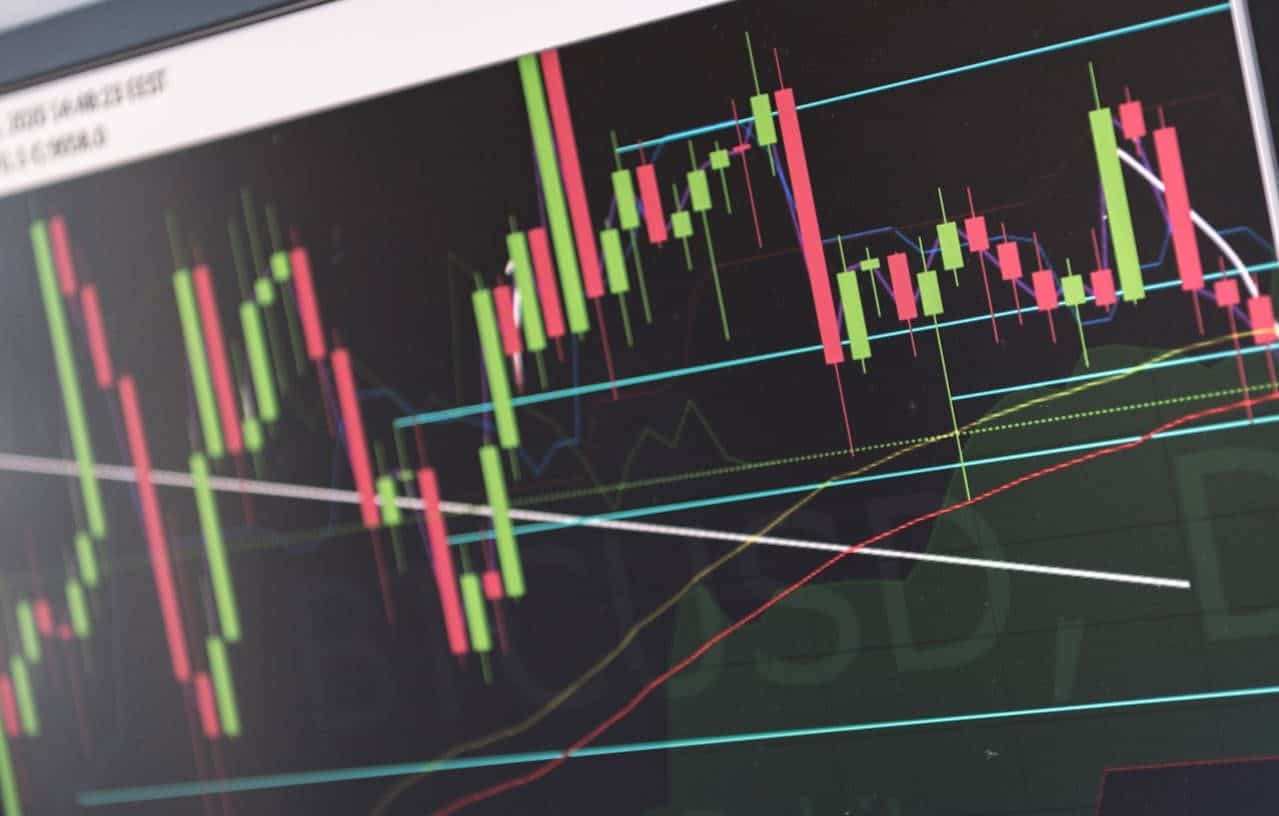
Efficient inventory management ensures the continuous flow of products in the supply chain.
Supply chain management is the process of planning, coordinating and supervising all activities related to the flow of goods, services, information and resources from suppliers to the end customer. Its objective is to optimize costs, times and quality, ensuring that operations are efficient and sustainable.
Importance of supply chain management
Supply chain management plays a crucial role in the success of modern businesses. A proper combination of design and management can generate significant benefits, such as reducing costs, increasing operational efficiency and improving customer satisfaction. In addition, it is essential to address global challenges, such as sustainability in the supply chain and adaptation to international markets.
Resilience in the supply chain is a fundamental aspect, as it allows companies to face unexpected disruptions, such as natural disasters or economic crises. On the other hand, sustainability in the supply chain has gained prominence due to the need to minimize the environmental impact of operations, promoting responsible practices aligned with sustainable development objectives. Furthermore, optimal management facilitates the optimization of processes and resources, maximizing benefits for all parties involved.
In the context of a global supply chain , companies must manage complex interactions between suppliers, manufacturers and distributors in different regions of the world. This requires clear strategies, business ethics and compliance with standards and regulations in the international supply chain . The implementation of these principles ensures not only profitability, but also the ability to generate long-term value in a competitive environment.
Technological tools and systems
Technology is a key enabler for improving efficiency and visibility in the supply chain. Technological tools allow companies to collect, analyze and act on data in real time, optimizing decision making and improving collaboration between the different actors involved.
Systems such as Enterprise Resource Planning (ERP) and Management Information Systems (MIS) offer integrated platforms for the coordination of key activities such as inventory, production and distribution. These systems centralize information, improving visibility and reducing the possibility of errors.
Other advanced technologies include the use of data analytics and artificial intelligence in the supply chain, which make it possible to predict demand patterns, identify inefficiencies and propose automated solutions. Likewise, tools such as blockchain and the Internet of Things (IoT) increase traceability and security at each stage of the process.
In the area of specific operations, Warehouse Management System ( WMS ), Transportation Management System ( TMS ) and Manufacturing Execution System ( MES ) are essential to optimize the flow of materials and products. In addition, the implementation of barcode and RFID facilitates automation and detailed inventory tracking.
These tools not only improve operational efficiency, but also strengthen responsiveness to market changes, ensuring a sustainable competitive advantage.

Logistics and distribution are key pillars to bring products to the end consumer in a timely manner.
Fundamental processes
Effective supply chain management requires a deep understanding of its fundamental processes. These are the pillars that guarantee the efficient flow of goods, services and information throughout the chain.
Logistics
It includes the planning, implementation and control of the movement of products from the point of origin to the final consumer. This covers activities such as transportation, storage and consolidation of loads, ensuring efficient and on-time delivery.
Inventory management
It allows you to balance product availability and storage costs. Strategies such as cycle inventory management and safety inventory management are essential to minimize risks and optimize resources.
Production and planning
Effective production depends on accurate planning, which includes the use of tools such as Materials Requirements Planning ( MRP ) and Distribution Resource Planning ( DRP ). These methodologies ensure that materials are available when needed, avoiding delays and cost overruns.
Purchasing and supply
Purchasing includes the selection and acquisition of essential materials and services. Supplier relationship management ( SRM ) plays a key role, promoting strategic collaborations to ensure reliable and quality supply.
Distribution
Efficient distribution is essential to meet customer expectations. Models such as cross-docking and last mile strategies optimize the flow of products from distribution centers to the final consumer.
Optimization and continuous improvement strategies
Supply chain optimization is a continuous process that seeks to improve the performance of operations by implementing innovative strategies and certain methodologies.
One of the most prominent strategies is the adoption of the lean supply chain , which focuses on eliminating waste and maximizing customer value. Similarly, the agile supply chain allows companies to quickly adapt to market fluctuations, ensuring short response times and high flexibility.
Methodologies such as Six Sigma and Kaizen are widely used to identify and correct problems in processes. These tools promote continuous improvement, reducing defects and improving quality at every stage of the supply chain.
Practices such as supply chain benchmarking help companies compare themselves to industry standards, identifying areas of opportunity. Additionally, reducing the carbon footprint in the supply chain has become a priority, reflecting the commitment to sustainability.
Other trends include mass customization , which allows companies to offer products tailored to specific customer needs, and strategies such as omnichannel and cross-docking , which optimize distribution and reduce logistics costs.
Together, these strategies ensure that supply chains are not only efficient, but also resilient and aligned with modern market demands.

Artificial intelligence and predictive analytics drive real-time strategic decisions in the supply chain.
Technological innovations and emerging trends
Technological advancement is transforming supply chain management, driving efficiency and the ability to adapt to modern challenges.
Artificial intelligence and data analysis
Artificial intelligence (AI) and predictive analysis make it possible to identify patterns, optimize processes and improve decision making in real time. These tools help anticipate demands, manage risks and reduce costs.
Blockchain and traceability
The use of blockchain ensures traceability and transparency at every stage of the supply chain. This is especially relevant in sectors such as food and pharmaceuticals, where product authenticity and safety are priorities.
Internet of Things (IoT)
The Internet of Things (IoT) in the supply chain connects devices and systems, providing real-time data on inventory status, transportation conditions, and asset performance. This improves visibility and facilitates informed decision making.
Sustainability and circular economy
Sustainability has become a central axis, promoting practices such as reducing the carbon footprint and designing greener supply chains. The circular economy in the supply chain encourages the reuse and recycling of resources, reducing waste and generating value.
Omnichannel and multichannel strategy
The integration of physical and digital channels is essential to meet the expectations of the modern consumer. Strategies such as omnichannel ensure a consistent shopping experience, regardless of the touch point.
Together, these innovations are redefining industry standards, allowing companies to stay competitive and prepared for the future.
